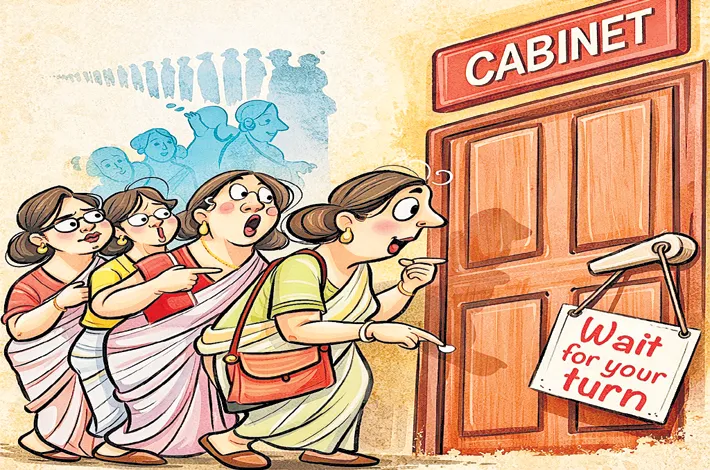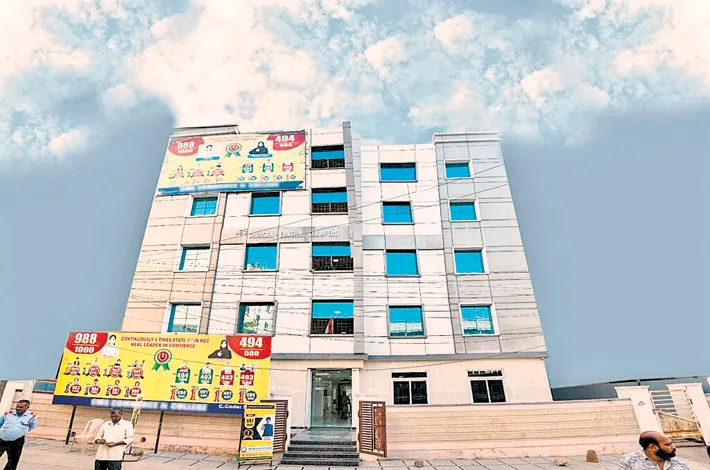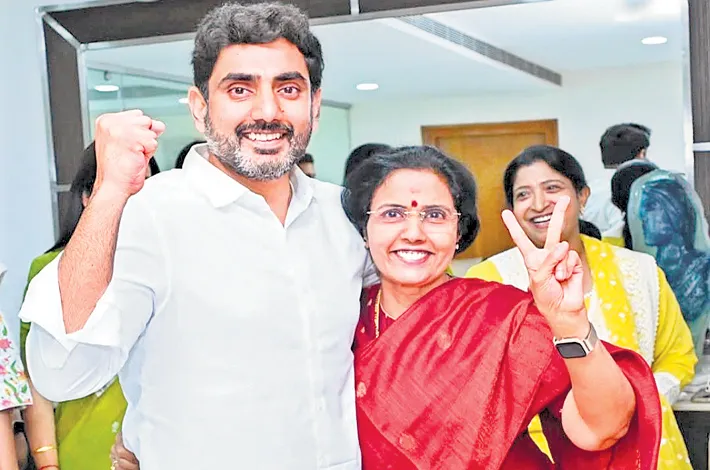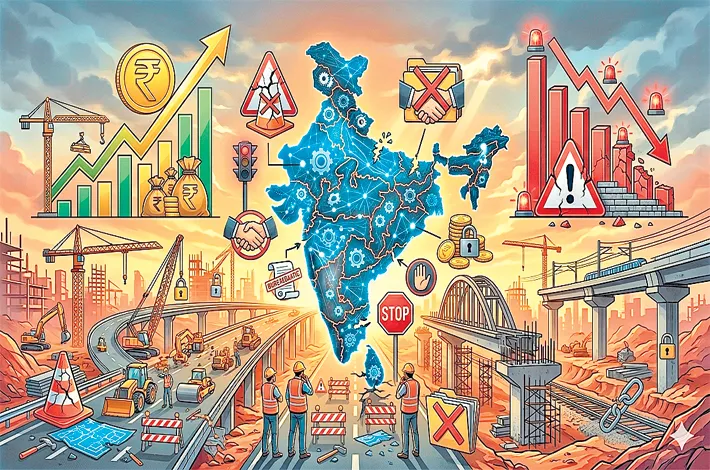Doctors can now identify cancers in advance with innovations
18-02-2025 12:00:00 AM
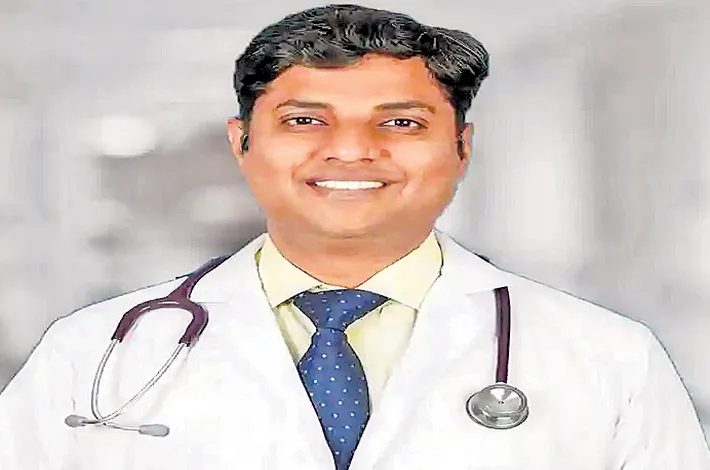
Liquid biopsies are tests that analyze tumor DNA in the blood to detect cancer early. They are less invasive than traditional biopsies and can help in early diagnosis of recurrence in a patient who already received treatment. It helps in understanding the molecular trilogy of tumor, when tissue is unavailable
Have you ever wondered how advancements in technology are helping doctors to detect cancer earlier and save lives? The field of cancer detection has come a long way, moving beyond just imaging techniques. With innovations like genomic sequencing and molecular detection using blood or urine samples, doctors can now identify cancers much earlier.
Dr. Sainath Bhethanabhotla, Senior Consultant and Head of Medical Oncology at Star Hospital, shares his valuable insights on how these advancements are revolutionizing early cancer detection in India. The future focuses on advanced technologies like liquid biopsies, artificial intelligence (AI), and molecular diagnostics to detect cancers earlier. Efforts are also being made to improve accessibility and raise awareness through public health campaigns, especially for high-risk groups.
Liquid biopsies are tests that analyze tumor DNA in the blood to detect cancer early. They are less invasive than traditional biopsies and can help in early diagnosis of recurrence in a patient who already received treatment. It helps in understanding the molecular trilogy of tumor, when tissue is unavailable. AI algorithms analyze imaging data to identify potential cancerous areas more accurately and quickly, aiding in early detection.
Molecular diagnostics involve identifying specific biomarkers for different cancers through tissue, blood or urine tests, helping in early detection, molecular subtyping of various cancers. Efforts are concentrated on cervical, breast, and oral cancers due to their high prevalence. Regular screenings like pap smears, mammograms, and oral exams are emphasized.
Community-based programs, mobile clinics, telemedicine, and affordable screening tests are being developed to reach rural and underserved populations. Increasing public awareness about the importance of early detection is crucial. Dr. Sainath advises consulting healthcare professionals for accurate information rather than relying solely on online sources. Challenges include low awareness levels, limited access to healthcare facilities, and ensuring the quality of screening tests across different settings.
Early cancer detection is transforming healthcare in India, offering new hope for better outcomes through advanced technologies. Star Hospital, Hyderabad, is at the forefront of this revolution, providing state-of-the-art screening and treatment options guided by expert oncologists. Dr. Sainath Bhethanabhotla, Senior Consultant and Head of Medical Oncology at Star Hospital





